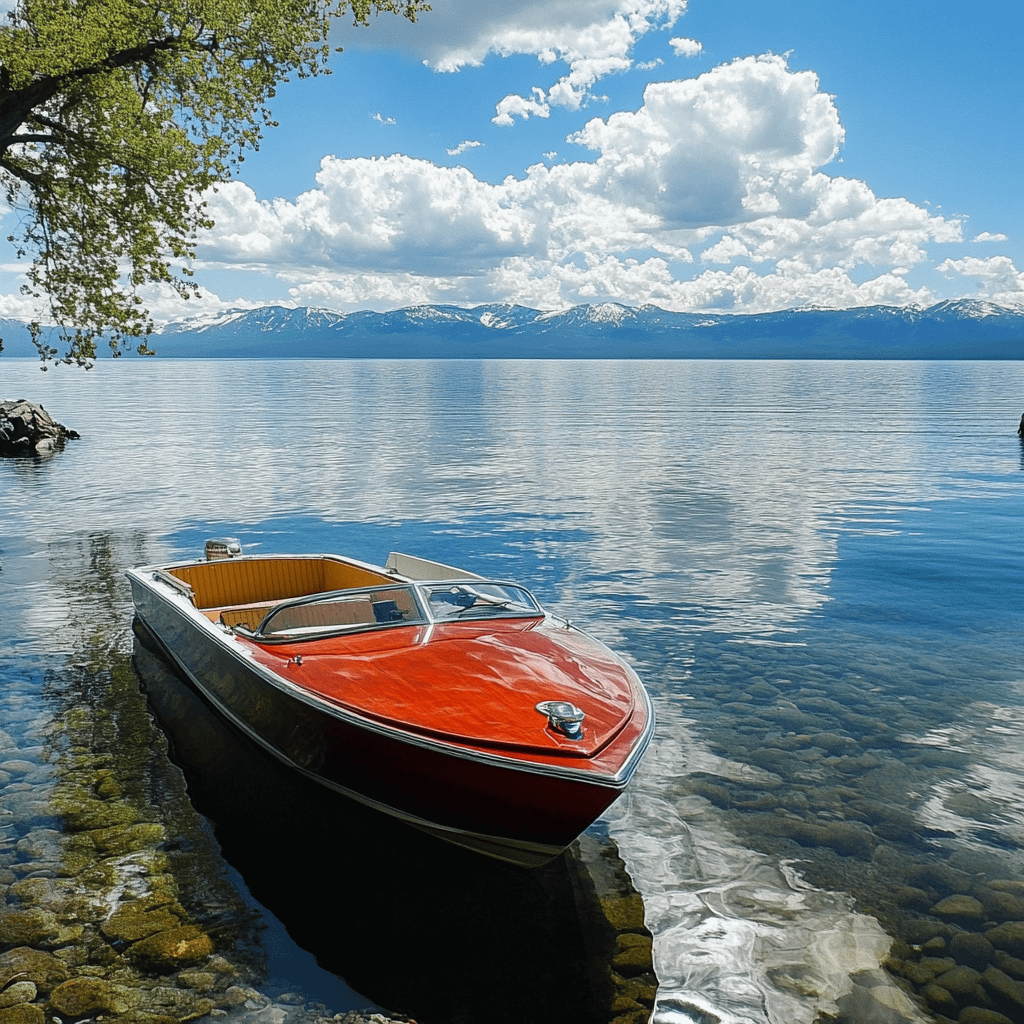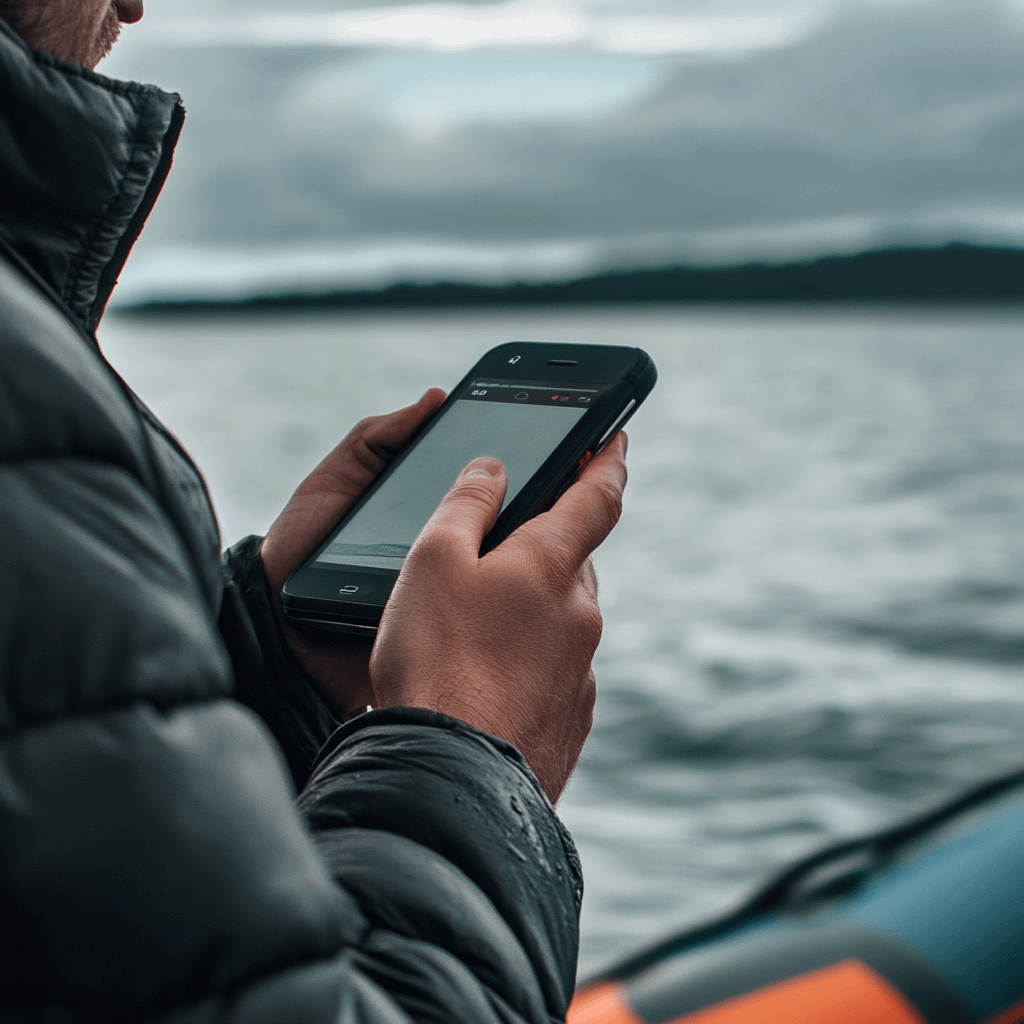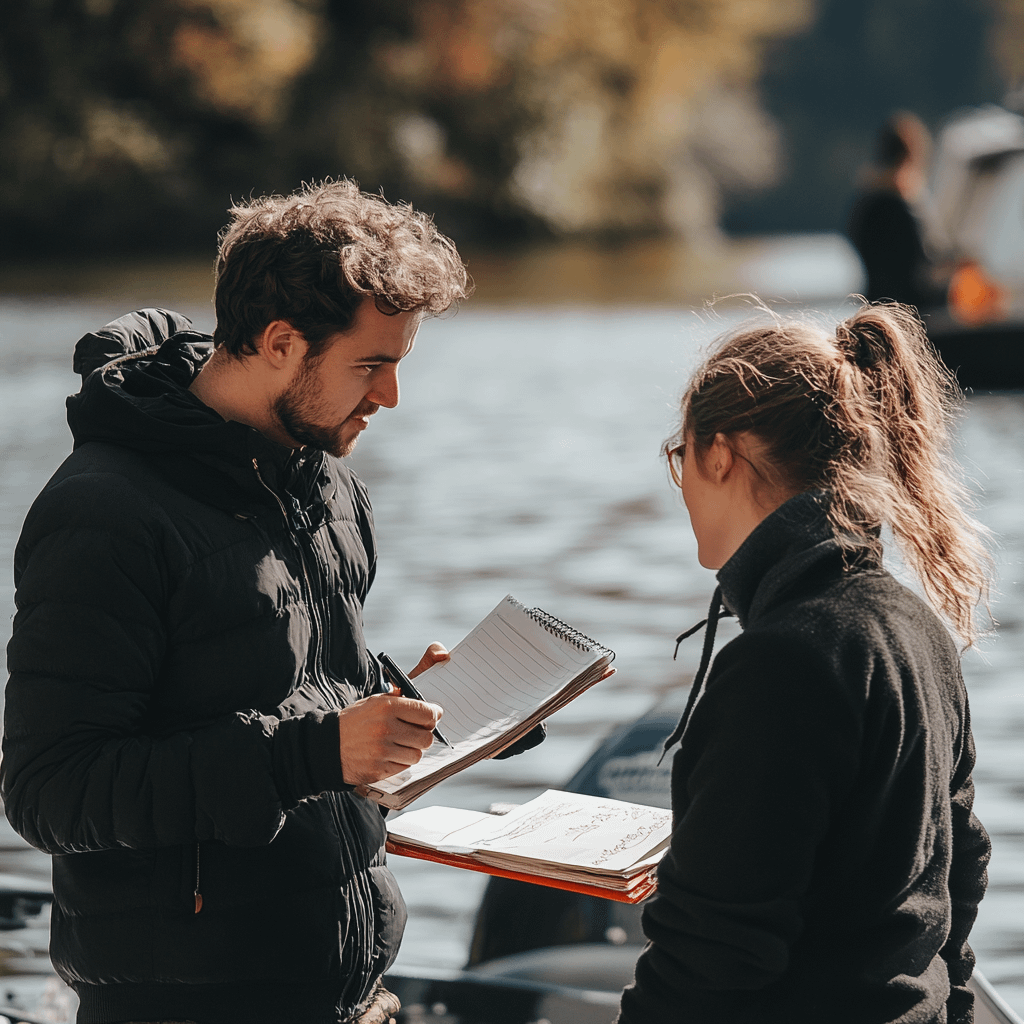
 Trusted Content
Trusted Content
Key Takeaways
- Prioritize everyone’s safety immediately after a boat accident by stopping the engine, taking a headcount, and administering first aid.
- Gather detailed information and evidence at the scene to support your insurance claim and potential legal case.
- If someone else caused the accident, consult a boat accident attorney to protect your rights and pursue compensation.
Boating is a thrill for people of all ages, but high speeds, rough and cold waters, and other hazards can cause an injury in an instant. Whether you are on Lake Tahoe, a river, or out on the ocean, knowing what to do after a boat accident is essential. By taking the right steps, you can protect your health, preserve useful evidence, and make sure you are prepared to file an insurance claim later on.
Ensure Everyone’s Safety
The first and most important thing to do when you experience an accident out on the water is to ensure that everyone involved is okay. In the immediate aftermath, your focus should be on protecting lives and preventing any further harm. Follow this quick checklist:
- Stop the Boat: Shut off the engine to avoid fires or other injuries
- Take a Headcount: Make sure all passengers are accounted for; check for passengers who may have fallen overboard
- Provide First Aid: If you are able to do so, administer any necessary first aid using an onboard kit
Contact the Authorities
If anyone is hurt or has gone missing, use a phone to call 911 and request emergency services. If you do not have a phone or are in an area with no cell service, you can use your boat’s VHF radio to connect with the local authorities.
During the call, you may be asked to provide details about the accident, including your location, the number of vessels and people involved, the extent of the damage, and the status of anyone with injuries.
Gather Information
Once the appropriate authorities have been notified, you should seek the following information from anyone who was involved in the accident, including:
- Names and addresses of all boat operators
- Vessel registration numbers
- Insurance information, including provider names and policy numbers
- Contact details of passengers and eyewitnesses
This process is similar to what you would do after a car accident. Remember to stay calm, be polite, and avoid admitting fault while exchanging information.
If it is safe to do so, you should also begin to collect as much evidence as you can while at the scene. Doing so can support your ensuing insurance claim. Capture photos and videos of all visible injuries and vessel damage, water and weather conditions, and the surrounding area.
You may also consider writing down details about how the incident occurred, including the date, time, location, and other relevant factors.

Report the Accident
Following the accident, contact your boat insurance provider at your earliest convenience. Be prepared to give them the following information:
- Your policy number
- A description of the accident
- Photographs or videos of your injuries and vessel damage
- Names and contact info for any other parties involved
- A copy of any law enforcement reports
Be direct, but keep your statements brief. Avoid guessing or making assumptions until you have had a chance to assess what happened and secure qualified legal counsel.
When Is a Written Boating Accident Report Required?
If you’ve been involved in a boating accident, you may need to submit a written report to the relevant authorities. While reporting requirements are often similar across states, they are not always exactly the same, especially when property damage is involved.
Nevada Boat Accident Reporting Requirements
In Nevada, you must submit a boating accident report to the Nevada Department of Wildlife for any incidents involving:
- Injury that requires more than basic first aid
- Death or disappearance
- Property damage exceeding $2,000
- Irreparable vessel damage
You must submit a report within 48 hours for cases involving injury or death and within 10 days for all other cases.
California Boat Accident Reporting Requirements
California has similar reporting requirements to Nevada. You must submit a report to the California State Parks Division of Boating and Waterways (DBW) within 48 hours if the accident resulted in:
- Injury that requires more than basic first aid
- A death within 24 hours of the incident occurring
- Disappearance of a person
You must submit a report within 10 days if someone involved in the accident dies more than 24 after it occurred, property damage exceeds $500, or a vessel was lost entirely.
If Someone Else Was at Fault, Consult a Lawyer
Recovering from a boating accident can involve more than just healing from physical and mental wounds. You may also be facing financial stress from medical bills and destroyed property, along with potential legal uncertainty. The boat accident attorneys at Porter Simon Sierra Injury Lawyers can help you by:
- Explaining your rights under maritime and personal injury law
- Determining who was at fault
- Filing a personal injury claim on your behalf
- Leading insurance negotiations
- Securing compensation for medical bills, lost wages, and other expenses
If you are unsure of what steps to take, our friendly legal professionals can guide you through the process. We are familiar with the unique legal challenges that arise from boat crashes and can help you fight for the maximum compensation you are eligible to recover.

Been in a Boat Accident on Lake Tahoe? Contact Porter Simon Sierra Injury Lawyers
Porter Simon Sierra Injury Lawyers proudly serves clients across California and Nevada and has represented both injured victims and families in boat accident cases. If you or a loved one has been hurt or killed in a boat crash, contact our team today. We are ready to evaluate your case, address your questions and concerns, and help you take the next steps toward recovery.
Article Sources
-
Nevada Department of Wildlife
https://www.ndow.org/get-outside/boating/rules-regulations/# -
California State Parks Division of Boating and Waterways
https://dbw.parks.ca.gov/?page_id=28776






